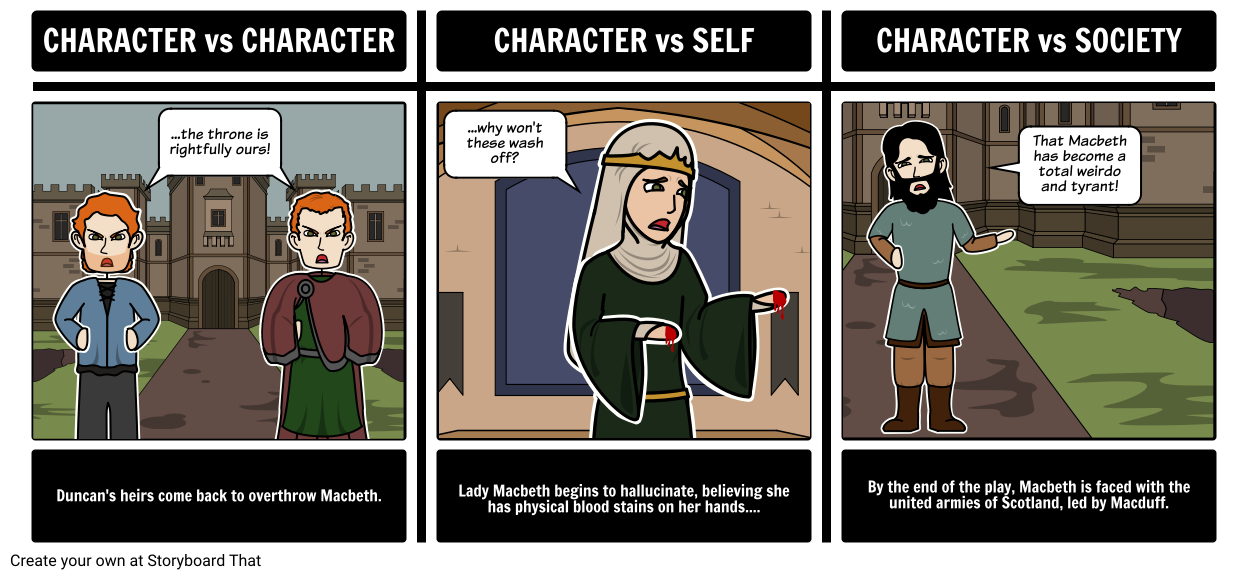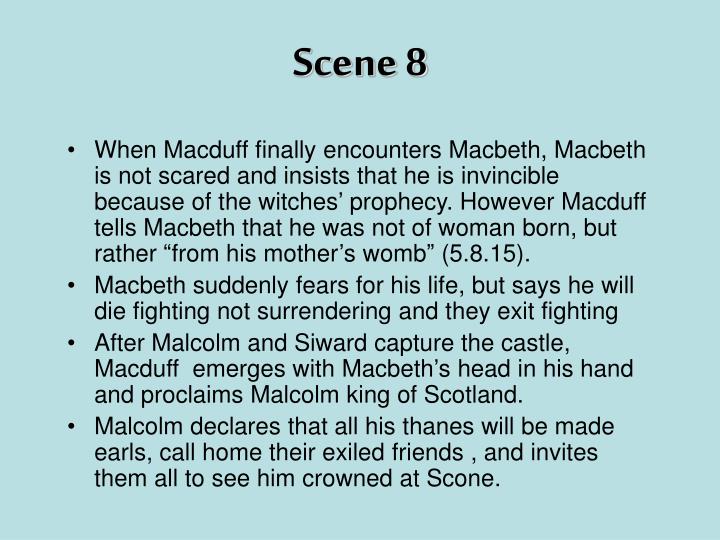


Throughout the passage he uses numerous euphemisms such as “tis”, “this blow”, “the deed” to downplay the horror of the deed and yet, ironically, the more he tries to soften the deed, the more he becomes aware of just how disgraceful it is. He recognizes that the murder of King Duncan will have implications that are likely to disrupt his moral equilibrium and undermine his honour. In his key soliloquy (Act 1) before he commits the evil deed, Macbeth contemplates its treacherous nature.

Essays Made Easy for English Language (VCE Units 3-4)ĭuring the key soliloquy before he commits the deed, it becomes evident that Macbeth’s conscience works on many levels.“Contemporary” language examples and commentators.Argument Language Analysis Exams Yr 12 VCAA.Arguments and Persuasive Language (2023).


 0 kommentar(er)
0 kommentar(er)
